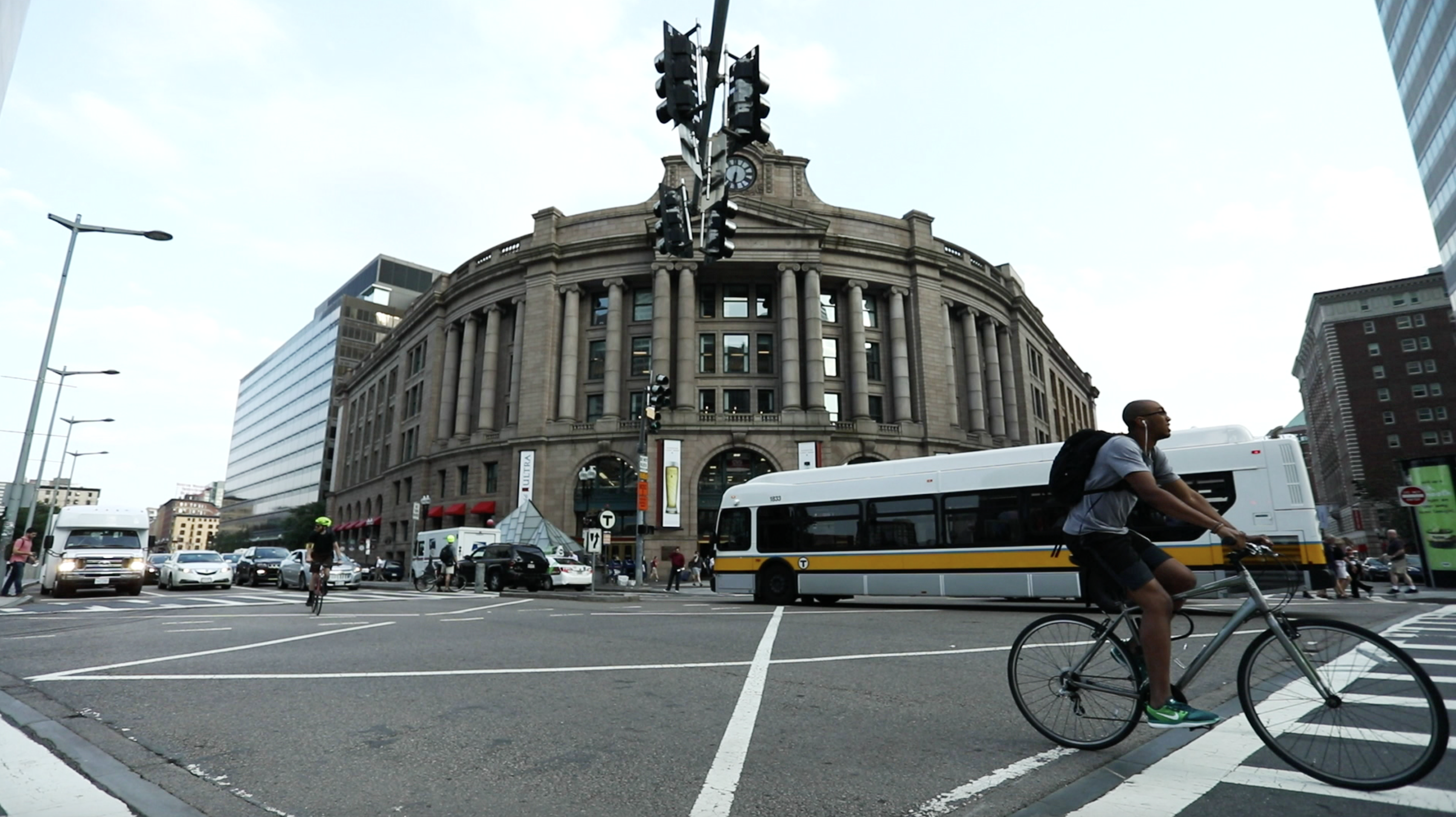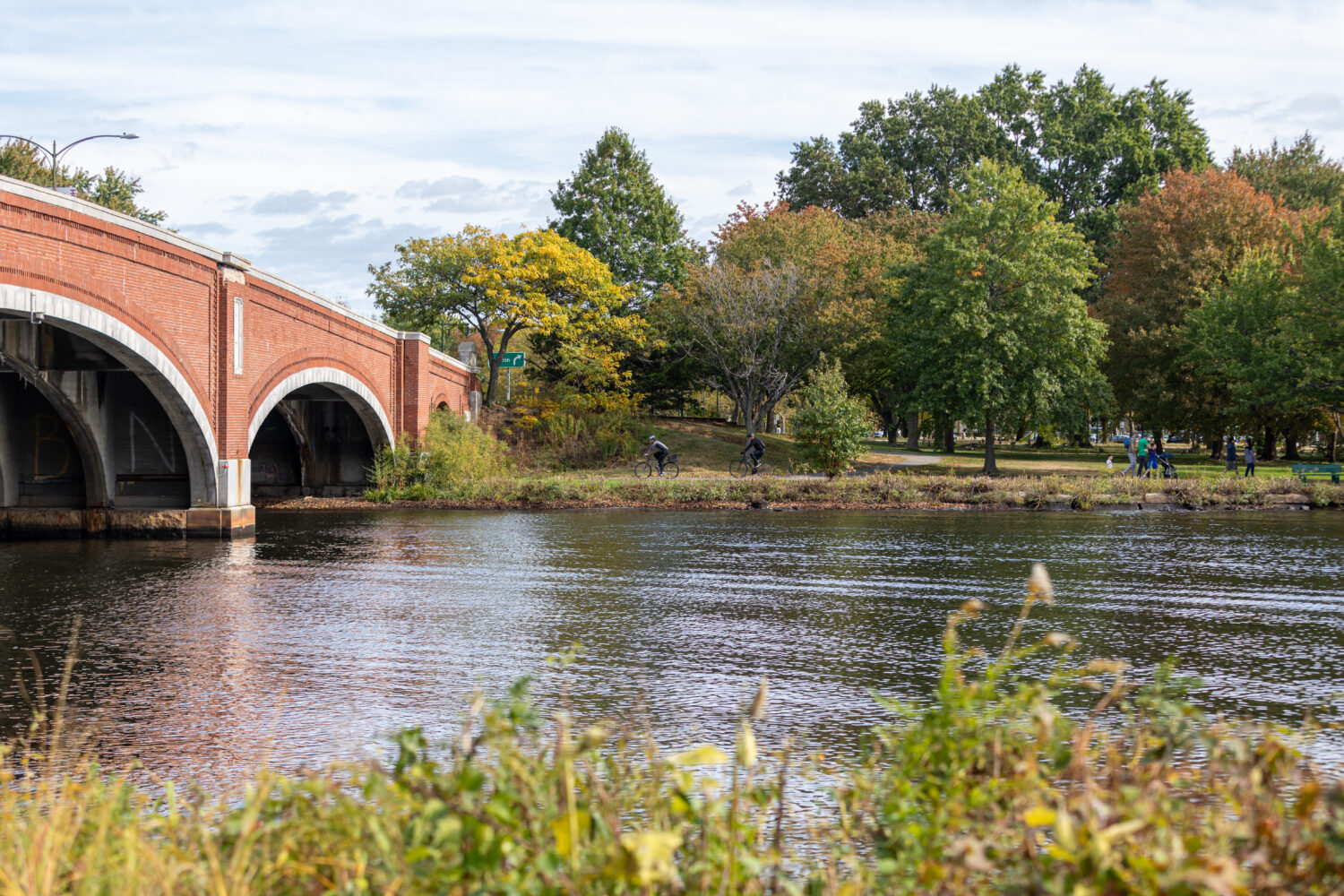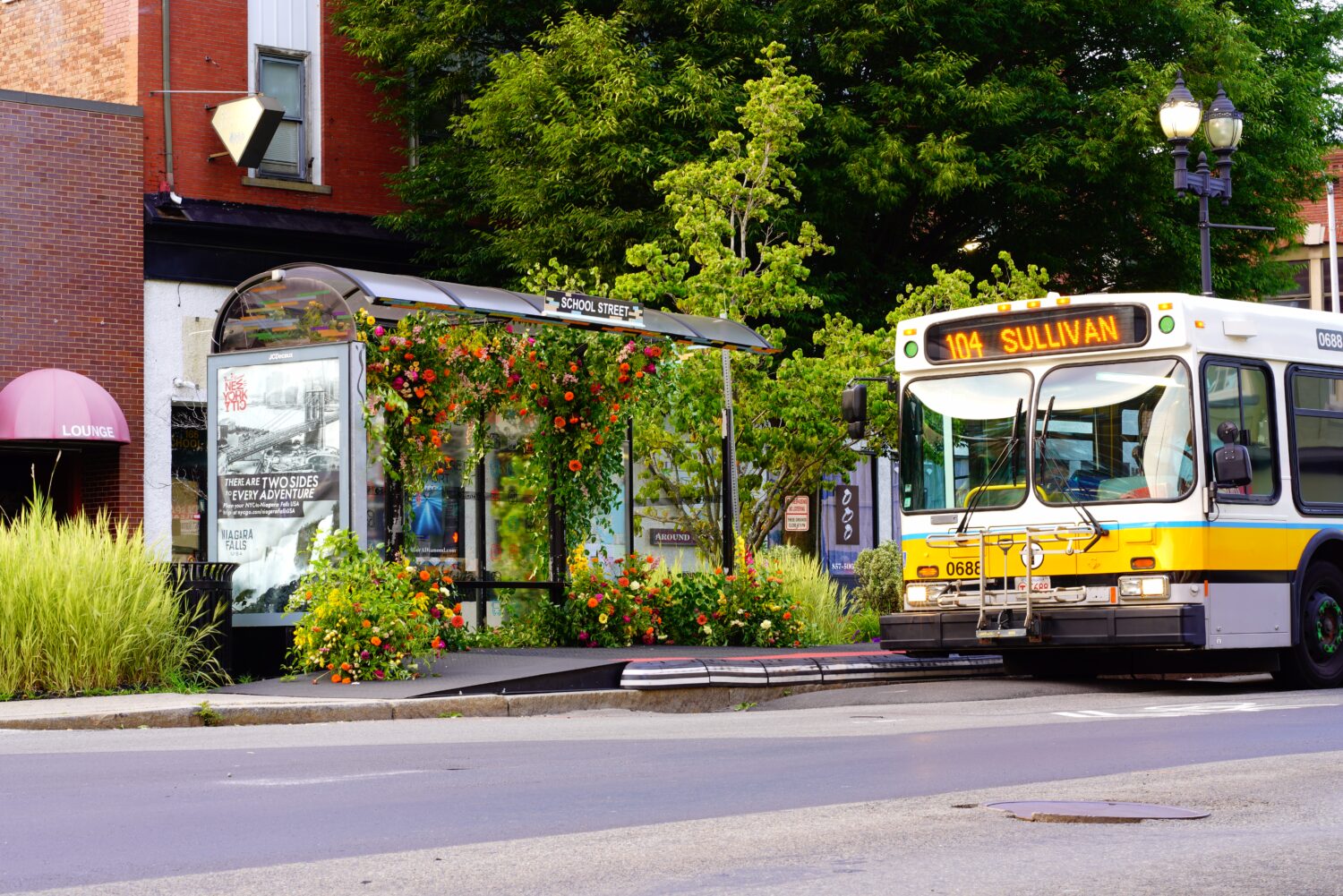The Commonwealth’s transportation system has reached a full-on crisis. Massachusetts now has the distinction of having the worst congestion in the country. Many of our roads and bridges don’t meet federal safety standard. Almost all of the T’s trains are over 40 years old and rely on technologies from a century ago. Simply put, our transportation system has become a daily pain point in our lives.
Recognizing this crisis and the urgency of action, a group of approximately 20 leaders from business, government, and nonprofits – people who don’t always sit at the same table – came together late this summer and into the fall. Barr engaged as a convener and provided support to the Consensus Building Institute to facilitate these important discussions. Indeed, anytime a disparate set of actors come together to shape new solutions to longstanding challenges, it’s important to support that process. Barr also funded the Massachusetts Taxpayers Foundation to conduct new research, including gathering ideas and priorities from previous transportation reports, in order to synthesize much of this important work into a cohesive document that all were willing to support.
After spirited deliberations and lively debate, this group, now known as The Transportation Table (or “T3”), released a set of recommendations early this week that promises to transform our transportation system.
The Vision
What would a transformed transportation system mean for Massachusetts residents? It means that no matter where a person lives, they have good options to get where they need to go. It’s a system that is accessible, reliable, affordable, resilient to climate change, and fueled by clean energy. It’s a fully modernized rail system; dramatically improved bus service; and good roads, bridges, bike paths, and sidewalks. People will choose to drive less because their public transit options are so good.
We encourage you to review T3’s ambitious document in full.
The Recommendations
As longtime funders in the mobility space, we applaud T3’s efforts and are inspired by the boldness of their recommendations. All participants in the T3 process have agreed upon and signed off on a series of actions that fall into five major categories the state must address. At a high-level, these are:
- Governance – Restore confidence and trust in the systems that manage transportation. For starters, T3 recommends a permanent, independent, and accountable MBTA governing board.
- Congestion – Use pricing policy to reduce traffic congestion, and invest funds into transit that will incentivize fewer cars on the road. This includes new tolls and fees, but also services and benefits from employers.
- Capacity – Build the capacity of public agencies to carry out capital projects, including staffing and better partnerships and bidding procedures.
- Climate – Reduce Greenhouse Gas emissions and make our infrastructure resilient to climate impacts. This includes converting cars and buses to electric vehicles, electrifying trains, and upgrading infrastructure for climate impacts.
- Investment – Dedicate more revenue now and in the future to accelerate investment in transportation services and infrastructure.
It is important to note that the five interventions included in the T3 document reinforce each other, and therefore need to happen concurrently. For example, without good governance, we won’t have the transparency and accountability necessary to instill public confidence. We cannot alleviate traffic without dramatically overhauling our public transit system. And, in a world where three feet of snow and storm surges are becoming the norm, we have a responsibility to make sure that our transportation system can withstand climate shocks, and that it doesn’t remain the largest contributor of greenhouse gases in Massachusetts.
More than a list of suggestions, this document offers an impressive vision and blueprint for achieving a 21st century transportation system, one that keeps our economy strong, reduces emissions, and gets us where we need to go. Notably, all participants agreed on three core conclusions: (1) Massachusetts needs public transit to be the backbone of our transportation system; (2) The transportation system currently does not have sufficient funds to address our needs – both today and tomorrow. We have a revenue gap that needs to be filled; and (3) Actions should focus on infrastructure projects and transit services that people can actually experience within the next one to five years.
T3 members are under no illusion that this transformation will happen overnight. Yet their recommendations are no distant pipe dream either. T3’s plan will deliver noticeable improvements in people’s lives within one to five years, while also fulfilling a longer-term vision for a future transportation system that Massachusetts’ residents deserve.
What’s Next?
T3 has submitted its recommendations to members of the Legislature and the Governor’s administration, and are currently disseminating it broadly to their various constituencies as well. The group believes strongly that we all have a role to play – and we must act now.
One clear takeaway from this moment of crisis is that in crisis, there is opportunity. Our transportation system impacts all of us. We’re all in this together. And it’s our move to get engaged, and to demand a system that works for everyone.




